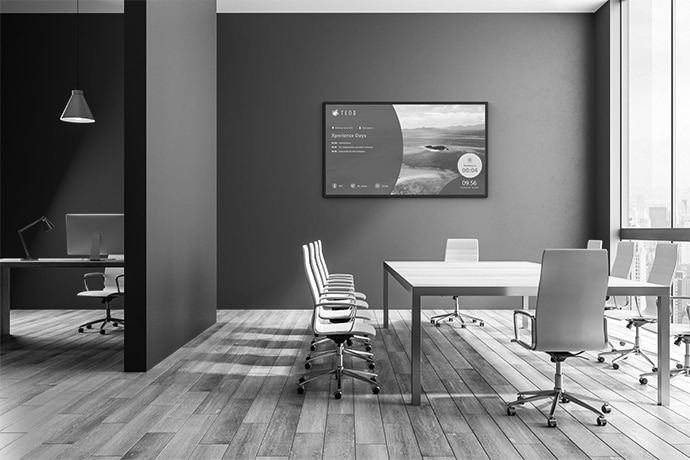
Five questions COVID-19 has asked the world about work

WFH works. But is it the future?
An unforeseen side-effect of the virus is that working from home, long the fantasy of the oppressed commuter, has been thrust upon us. Vast swathes of the corporate world went from boardroom to kitchen and bedroom overnight, and – much to the surprise of cynical CEOs worldwide who assumed working from home was an elaborate ploy to spend the day in bed – it worked. Many companies are looking at making these changes permanent and a hybrid working structure is becoming a reality. Great news for some, but for those in cramped flat shares and with small children, a mixed blessing at best.
So, is the office a thing of the past?
Do we need everyone in the office? Clearly not. Should we ditch our office space? Probably not just yet. With social distancing affecting all aspects of our lives, it’s more important than ever to have spacious offices where employees can keep their distance. It seems almost inevitable that demand for corporate spaces will drop in the long term, but humans are by their very nature social creatures, and it seems likely that most companies will retain office space for the foreseeable future.


Can technology provide an answer?
Being tech-minded people, it’s tempting to assume that technology will provide a solution to the COVID conundrum. And with workplace management systems, sensors, office booking solutions and IoT devices integrated into many workplaces, so it would seem. But how can we best use technology to keep us safe and, crucially, make it worthwhile coming in to the office?
So, what will the future workplace look like?
It seems likely that the office will evolve to mean something different. Instead of a physical space, it will come to mean a network of interconnected environments – home, public spaces, virtual rooms, and, yes, traditional bricks-and-mortar buildings – in which we perform our day-to-day tasks. The solution will mean different things to different people (and different companies) but a more elastic working environment seems not just desirable but virtually inevitable.

Download our interactive brochure


